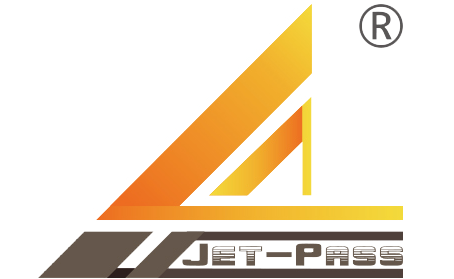Email format error
Email cannot be empty
Email already exists
6-20 characters(letters plus numbers only)
The password is inconsistent
Email format error
Email cannot be empty
Email does not exist
6-20 characters(letters plus numbers only)
The password is inconsistent

Hong Kong Airport Customs clearance
There is a considerable probability that if you transport products through China, you will need to pass through Hong Kong customs. As a result, it serves as a crucial point of clearance for all trade to and from China. Hong Kong officials have the right to hold or confiscate your goods if they fail to clear customs. That may result in additional days or even weeks of pleasure for you. That you most likely cannot afford to give days and weeks.

If you move goods through China there is a strong chance you will have to clear customs in Hong Kong. That makes it a key clearance point in any trade going to and from China.
If your goods fail to pass customs in Hong Kong, officials can hold or confiscate them. That can mean added days or even weeks to your fulfillment. Days and weeks that you probably cannot afford to give.
To avoid that scenario, here are some things you should prepare for when routing through Hong Kong.
How does it work?
After your cargo arrives at the port – before your importer takes possession – your products will be inspected and occasionally sampled by the customs authorities. Once approved, you’ll collect a “release” letter.
Documents required to facilitate Customs clearance are:
Manifests
Import/export licenses or removal permits (if required)
Copy of detention notices (if applicable)
Other supporting documents
We’ll discuss this further below:
If you are importing/exporting “prohibited articles” or “reserved commodities” you will also be required to deliver relevant manifests and import/export licenses for manifest checking to the Trade and Industry Department within 14 days of shipping.
Your importer always needs to file an “import declaration” with the Customs and Excise Department, within 14 days following the import.
Some of your cases may be selected for physical examination. If your consignments are selected to be examined, they will be detained by customs. Customs clearance for air or sea shipments usually takes 3-5 days.
It seems like a lot, but if you have all of your documentation handy and are aware of the rules, your goods should clear customs quickly.
PREPARE DOCUMENTATION
You are not required to be present during the inspection and clearance of goods in Hong Kong – however, you need to make sure you have prepared all relevant documents beforehand.
If you are a local importer, you should purchase a license in case you import products that are subject to import duties. Consultants like Santander recommend you purchase a license for each import.
As mentioned above, you will need to submit the following documents to Hong Kong customs:
Manifests – documents listing the cargo, passengers, and crew of a ship, aircraft, or vehicle.
Import/export licenses or removal permits (if required)
Copies of detention notices (if applicable) – these are documents for goods detained by customs.
Other supporting documents – These can include bills of lading, airway bills, invoices, packing lists, etc.
Personal documents you will need include:
A copy of your passport (photo page)
An authorization letter from yourself
A Copy of Ocean Bill of Lading / Air Waybill
A copy of your packing list in English
Once your shipment is cleared, you should receive a document to prove that all related duties have been paid and the shipment is clear to proceed.
Please bear in mind, that if you want to import prohibited items, a license/permit/certificate will be needed. These can be obtained in advance from the government.
PAY TAXES AND DUTIES
Import & Export duties and taxes vary depending on the destination/origin and the item’s value.
As mentioned earlier, Hong Kong is a free port and does not levy any customs tariffs on most imports and levies no tariffs on exports. Hong Kong also doesn’t have any tariff quotas, surcharges, or general services taxes.
Additionally, the Transshipment Facilitation Scheme between Hong Kong and mainland China allows mainland-bound shipments that pass through Hong Kong to have reduced tariffs in China.
This arrangement also covers goods traded between mainland China and certain trading partners including ASEAN members, Australia, Bangladesh, Chile, Costa Rica, Iceland, India, New Zealand, Pakistan, Peru, South Korea, Sri Lanka, Switzerland, and Taiwan.
Duties have to be paid upon delivery of the dutiable goods from the importing carrier or bonded warehouse to the local market. Duty assessments on dutiable goods are made by the Office of Dutiable Commodities Administration.
Finally, no duties are placed on dutiable goods that are sent to bonded warehouses for export or used as ships’ stores onboard ships, aircraft, or trains.
Restricted goods that may require tariffs include but aren’t limited to:
Commodities such as alcoholic liquor and tobacco;
Radio communication transmitting apparatus
Pharmaceutical products and medicines
Automobiles
Raw milk
Rice
Sand
Powdered formula






